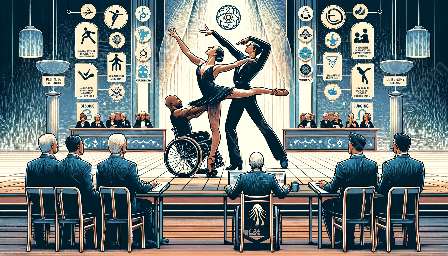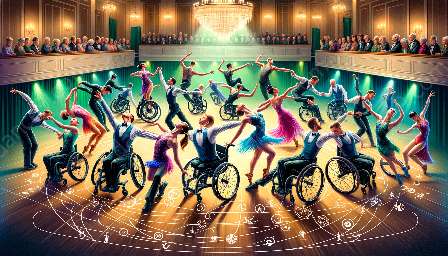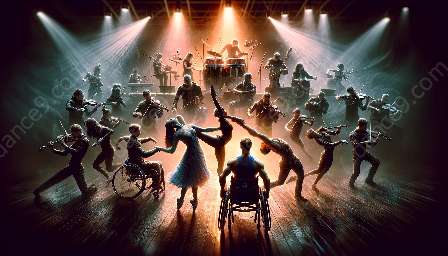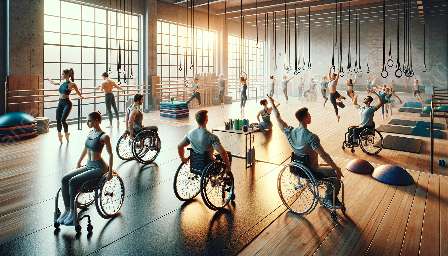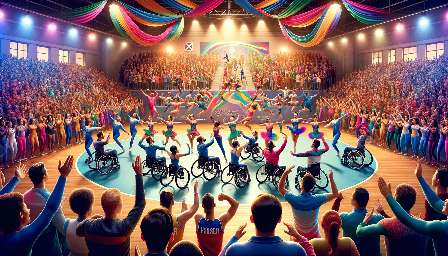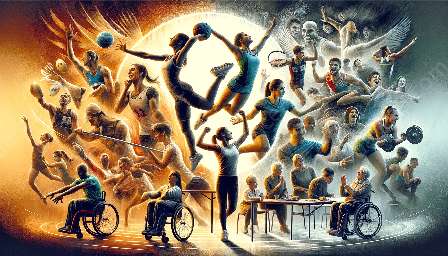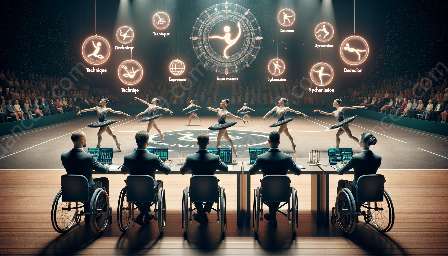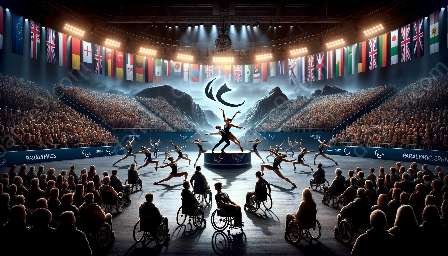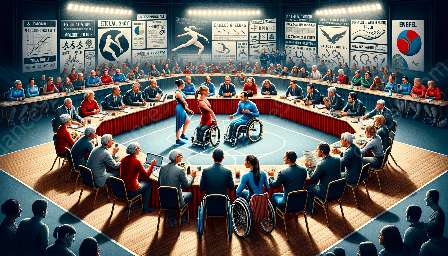Para Dance Sport is a captivating and empowering sport that requires not only physical training and conditioning, but also strong mental fortitude and psychological resilience. Athletes in this inclusive sport face unique challenges that demand specific mental conditioning strategies to ensure peak performance during training and competitions, such as the World Para Dance Sport Championships.
Understanding Mental Conditioning
Mental conditioning in para dance sport refers to the techniques and practices that athletes use to develop mental toughness, focus, confidence, and resilience. By building mental strength, athletes can effectively handle the pressure and challenges inherent in para dance sport.
Compatibility with Training and Conditioning for Para Dance Sport
Mental conditioning strategies complement the physical training and conditioning necessary for para dance sport. While physical strength and technique are essential, mental conditioning provides athletes with the psychological tools to succeed. These strategies allow dancers to maintain concentration, stay motivated, and persevere through demanding training sessions, ultimately enhancing their overall performance.
Key Mental Conditioning Strategies
- Visualization: Athletes visualize themselves performing at their best, mentally rehearsing routines and movements to enhance muscle memory and confidence.
- Positive Self-Talk: Encouraging and affirming self-talk helps athletes manage doubts, fears, and negative thoughts, fostering a positive mindset.
- Goal Setting: Setting specific, achievable, and measurable goals provides athletes with direction, motivation, and a sense of accomplishment.
- Mindfulness and Relaxation Techniques: Practices such as deep breathing, meditation, and mindfulness exercises help dancers manage stress, anxiety, and maintain focus during training and competition.
- Resilience Building: Building mental resilience involves embracing challenges, learning from setbacks, and developing the ability to bounce back from adversity.
Benefits of Mental Conditioning
Effective mental conditioning not only enhances an athlete's performance in para dance sport but also contributes to their overall well-being. By strengthening mental resilience and focus, athletes can navigate the intense demands of competition, overcome obstacles, and maintain a positive attitude, promoting long-term success in the sport and in life.
World Para Dance Sport Championships
The World Para Dance Sport Championships serve as a crucial platform for para dancers to showcase their skills and talent on a global stage. Mental conditioning strategies play a pivotal role in preparing athletes for this prestigious event, enabling them to perform at their best, handle the competitive environment, and manage the intense pressures of the championships.
In conclusion, mental conditioning strategies are an essential component of para dance sport, offering athletes the psychological tools needed to thrive in the sport and excel in high-stakes competitions such as the World Para Dance Sport Championships.


